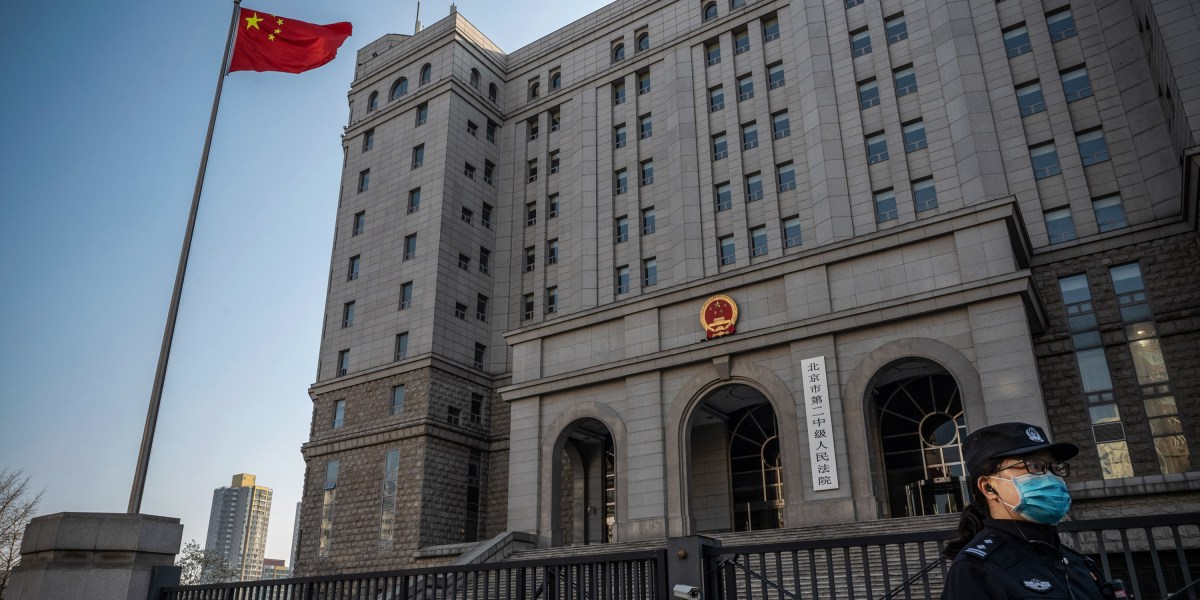China’s judicial system is becoming even more secretive

Human rights advocates hoped to show this was not just a one-off incident, but a systemic issue ignored by the local government. In fact, Fengxian, the county where the woman lived, has long had an infamous reputation for allowing women to be abducted and sold to men looking to procreate.
By searching CJO, advocates found at least two previous cases in which abducted women filed for divorce in Fengxian and were denied; they also found that people who were prosecuted in the county for human trafficking received minimal prison time.
CJO also showed similar cases from outside Fengxian, revealing a pattern across China. One study that analyzed 1,480 trafficking cases published on CJO found that one-third of the cases involved women with mental disabilities, and that women were often sold for less than $10,000. All this information was obtained from the publicly available materials.
At the time this all came to light, many people believed human trafficking like this was a thing of the past in China. Then the records from CJO collectively contributed to one of the largest online social movements in the country in recent years, with people repeatedly bringing up the Fengxian woman’s name for months and pushing the government for an explanation.
CJO has served many other purposes over the years. Activists used it to uncover the prosecution of Uyghurs in Xinjiang and the criminalization of online protests. It has even become a useful source of information on Chinese corporations, with people reviewing verdicts to evaluate whether a company is trustworthy.
But all this started to take a turn around 2021.
A data visualization by He Haibo, a law professor at Tsinghua University in Beijing, shows that the annual number of disclosed verdicts on CJO reached its peak in 2020, with 23.3 million cases. In 2022, the total number declined 62%, to 8.9 million. He also noted that in 2022, only 854 administrative cases (where the government is the defendant) were uploaded, which was just a tiny slice of the 670,000 administrative lawsuits that went to trial that year.
Around the same time, CJO also started to lose case files en masse. In just one three-month period in 2021, CJO administrators removed over 11 million cases, citing the need for a system migration. According to one research project led by Benjamin Liebman, a law professor at Columbia Law School, 9% of criminal case verdicts were removed from the database in a 12-month period in 2021 and 2022. Certain criminal offenses have been totally erased on the platform, including “illegally producing or selling equipment used for espionage” and “picking quarrels and provoking trouble”—the latter being a classic cover for prosecuting Chinese protesters.





